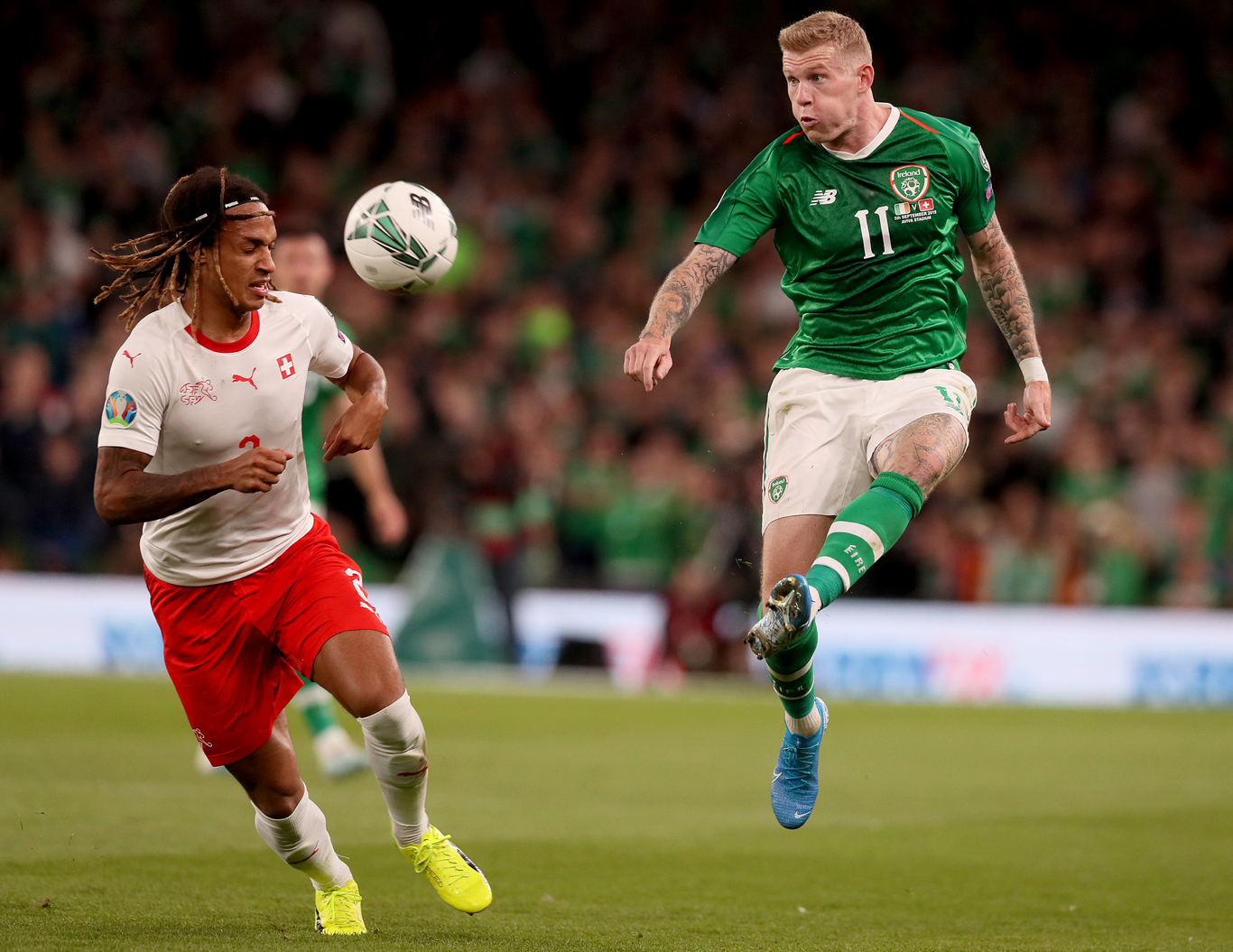The Irish economy is reaping the rewards of the sporting industry
According to a new calculation the sporting industry almost doubles return on government investment.
Ireland’s history as a “great sporting nation” does great things for the Irish exchequer, a new report suggested.
For every €100 the government invests in Irish sport, the industry creates up to €195 in tax revenue, a report commissioned by the Federation of Irish Sport in partnership with Investec has suggested.
According to new calculations, the Exchequer may receive a higher return on investment than the figure of €149 previously estimated in 2010 by economic consultant firm Indecon.
Investec based its numbers off a European Commission study that looked at the economic impact of sport by analysing EU-wide national accounts for sport-relevant activities and from Department of Finance forecasts that suggested a correlation between GDP growth and tax.
The report’s authors noted that the European Commission study found that increasing sport-related GDP by 1% increases employment by more than 1.35%.
“The fact that sport’s share of total employment in this country lags behind a number of our European peers – we note that the Commission found that sport’s share of employment in the UK is 3.75%,” the authors wrote.
The report highlighted that sports tourism generated €500 million a year and referred to research by management consulting company Teneo Ireland on English rugby supporters spending €12.4 million or €829 each when they attended this year’s Six Nations match.
The estimated economic impact of the four UEFA Euro 2020 games to be held in Dublin next summer was lower, as the report outlined a €300 spent per visitor.
The sector employs 39,500 people which accounts for 1.7% of Ireland’s total employment and households spend €30 a week on sports related activities and items, which is comparable to alcohol, as well as clothing and footwear.
Commenting on the report Mary O’Connor, the chief executive of the Federation of Irish Sport said that sport is an “essential contributor to the exchequer” and the research shows investing in it makes economic sense.
She said that since Indecon’s report in 2010 the Irish economy is in a healthier place but the government’s investment in sport hasn’t “kept pace with growing tax revenues”.
“The National Sports Policy 2018 – 2027 signalled a very positive step forward in demonstrating the Government’s renewed commitment, and critically, the €2.5 million increase in core funding in Budget 2019 represented the first budgetary increase in a decade,” she said.
“We believe it is essential that Budget 2020 takes the second step on the road to meeting the National Sports Policy’s very laudable goal of doubling sport funding over the ten-year life of the policy,” she added.
Get our Daily Briefing with the morning’s most important headlines for innovative Irish businesses.






